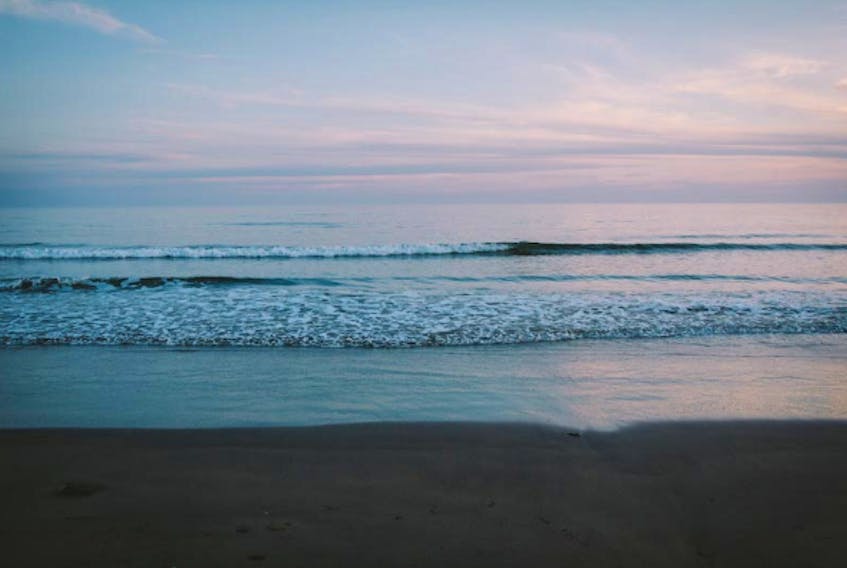SOUTH WEST NOVA SCOTIA - Port Maitland Beach in Yarmouth County and Mavillette Beach in Digby County remain closed to swimmers until water-testing results show that water is safe for swimming.
Nova Scotia Lifeguard Service Office (NSLS) director Paul D'Eon says the office will be receiving more water samples today (Aug. 20) and results from those will be posted on Wednesday (Aug. 22).
On Aug. 13 NSLS announced that both beaches were closed because bacteria (enterococci, a bacteria found in mammal fecal matter) exceeded permissible levels.
Close to half a dozen saltwater beaches have been closed in the province in recent weeks because of high bacteria counts.
Heather Beach, Queensland Beach and Port Hood were closed to swimmers because of high bacteria counts, but as of Aug. 20 had reopened.
The NSLS only tests beaches supervised by lifeguards. The organization has only been testing since 2010 and D’Eon says it’s rare for a beach to be closed.
Weather conditions, rainfall, tidal action and other factors can influence water quality.
The higher the water temperature, the faster the growth of bacteria. People are informed that they should not be swimming at closed beaches, although there is no enforcement.
The danger lies in ingesting the water or exposing open sores to it. Waders are typically fine, says D’Eon.
“We’re mostly concerned about young children because they tend to ingest water when they go in. It could result in diarrhea and vomiting.”
The Nova Scotia Lifeguard Service provides supervision and bacteriological water sampling for more than 20 beaches across the province. The Environmental Health Division assists with the interpretation of sample results and takes action with the Regional Medical Officer of Health to ensure swimmers are protected from water that has bacteria levels higher than those indicated in the Canadian Guidelines for Recreational Water Quality.
For updates on a beach status: Call 902-477-6168 or check this website









